When discussing brain-boosting foods, parents often list items like milk, fish, eggs, and nuts. In addition to these options, fruits are also a nutritious food that benefits children’s intellectual development. So, what fruits should children eat to become smarter? Which fruits help enhance intelligence? Parents, let’s explore the list of 14 fruits that can make your child smarter in the following article from Nutrihome.
Vitamins and Minerals in Fruits That Enhance Intelligence
To ensure children develop physically and mentally, parents need to create a balanced and scientific diet for them. Vitamins and minerals play an essential role in children’s metabolism, contributing to brain development. Nutrition experts encourage parents to include a variety of fruits in their children’s diets, as these are rich sources of natural vitamins and minerals. The fruits that help enhance intelligence often contain beneficial micronutrients, such as:
1.Vitamin A

Vitamin A helps improve vision and effectively prevent certain eye conditions, such as vision loss and dry corneas. Additionally, it boosts immunity and protects the respiratory, digestive, and urinary systems from infections. One form of Vitamin A, before conversion, is known as beta-carotene.
2. Vitamin C
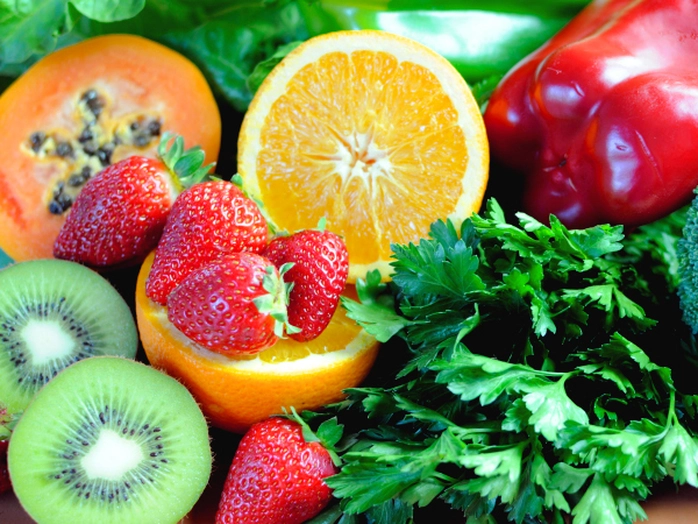
Strawberries, oranges, and kiwis are fruits rich in vitamin C, which helps make children smarter.
Fruits that help enhance intelligence often contain high levels of vitamin C. This vitamin is crucial in metabolic processes involving lipids, proteins, and carbohydrates. It strengthens immunity, aids in wound healing, and contributes to the development and maintenance of bones, teeth, blood vessels, and ligaments. Children need adequate vitamin C to absorb other micronutrients like calcium and iron effectively.
3. Vitamin E
The primary role of vitamin E is to prevent and slow down the oxidation processes of cellular components. This property aids in the regeneration of red blood cells and helps prevent various diseases, including cardiovascular diseases, strokes, arteriosclerosis, dementia, and cataracts. Vitamin E also enhances the absorption of vitamins A and K.
4. Iron
Iron contributes to the formation of brain cells and red blood cells, nourishing and sustaining the body. Additionally, iron plays a role in the physical, mental, and intellectual development of children, helping maintain a strong immune system. For effective iron absorption, children need adequate vitamin C.
5. Choline
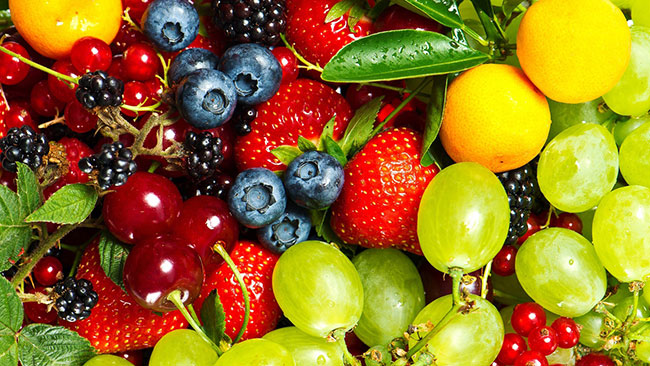
Fruits rich in vitamins and minerals are top choices in the fruit menu for children.
Choline is an essential mineral for the brain development of young children. It stimulates the growth of new cells and the connectivity of nerve fibers. Therefore, choline is particularly important for the brain, ensuring that children’s memory capabilities are maintained.
6. Omega-3
Omega-3 is an unsaturated fatty acid that the body cannot produce or synthesize on its own. This fat effectively prevents and reduces the risk of cardiovascular diseases, depression, arthritis, and memory loss. Omega-3 also promotes brain development, enhances vision, and boosts the immune system.
7. Folate
Folate is a water-soluble vitamin (vitamin B9), which includes folate found in natural foods and its synthetic form, folic acid. Vitamin B9 is involved in the development and division of all types of cells and the creation of neurotransmitters in the brain. Folate is also essential for red blood cell production and preventing anemia.
List of Fruits That Help Children Become Smarter and Healthier
Here is a list of the best fruits that provide excellent benefits for brain development, helping children become smarter and healthier:
1.Mango
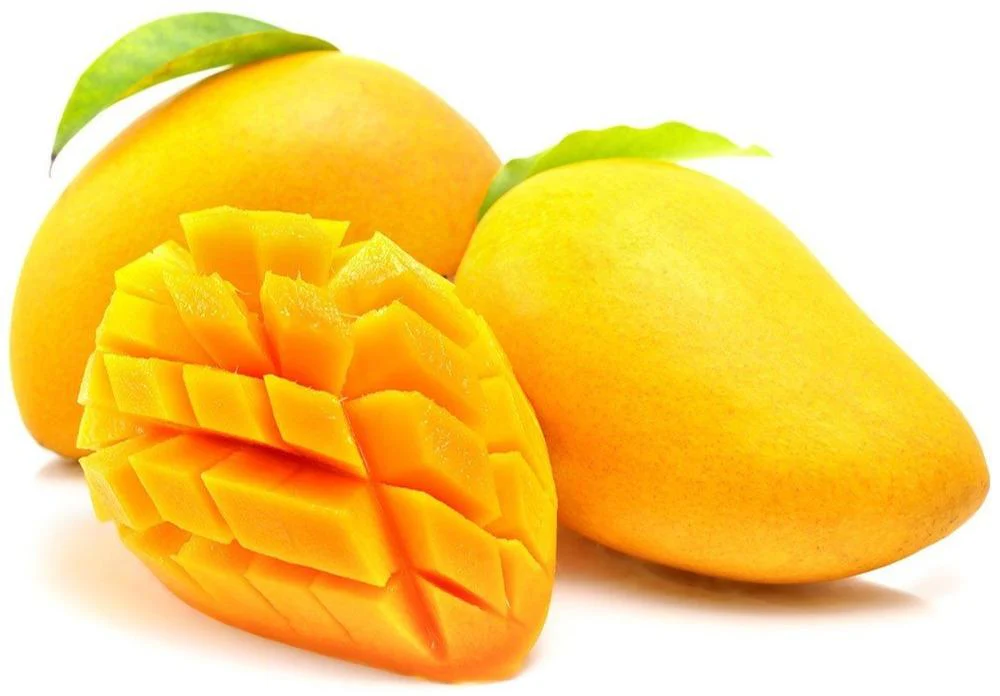
Mango is one of the most nutritious fruits beneficial for the body. It contains a large amount of vitamins such as folate, vitamin C, vitamin B6, vitamin E, and vitamin A, along with other micronutrients like iron, choline, niacin, and potassium. Additionally, mango also contains small amounts of omega-3 and omega-6 fatty acids. Therefore, mango effectively improves vision and supports brain development, among many other benefits.
2. Avocado
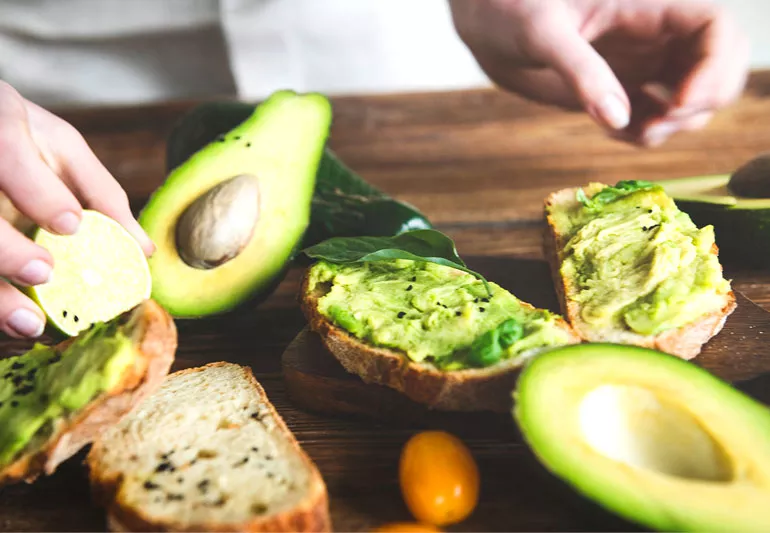
Avocado is considered a super fruit that helps enhance intelligence due to its rich nutritional content. Not only does it contain healthy fats that aid brain development, such as omega-3 and omega-6, but it also has a relatively high protein, vitamin, and mineral content. This fruit is rich in vitamins A, K, E, folate, choline, calcium, phosphorus, and potassium. All these vitamins and minerals are essential for a child’s growth.
3. Watermelon
Watermelon is a hydrating fruit that is excellent for cooling down in the summer and provides many nutrients that parents should not overlook in their child’s fruit intake. Rich in vitamin C and vitamin A, watermelon boosts the immune system and improves children’s eyesight. Additionally, it is a good source of B vitamins, calcium, and manganese, which help optimize bone development.
4. Soursop
Soursop is a fruit that many parents choose for their children due to its high protein and omega-6 fatty acid content, which is beneficial for the brain. It also contains many antioxidants like bullatacin and asimicin, which help prevent worm infections and reduce the risk of cancer. The vitamin C and B in soursop enhance immune function and reduce nerve stress.
5. Sapodilla
Sapodilla (also known as chikoo) is a fruit rich in vitamin C, iron, calcium, potassium, and beta-carotene. The iron content in sapodilla is second only to that in ripe papaya; consuming 100g of sapodilla daily provides about 52mg of calcium. This fruit has a sweet and fragrant taste that supports brain development, height growth, and improves vision.
6. Strawberries
Strawberries are among the fruits that help children become smarter and healthier that mothers should consider. This fruit is loved by many children due to its vibrant color and delicious sweet-tart flavor. The abundant vitamin C in strawberries boosts children’s immune systems against harmful bacteria. Strawberries also contain high levels of calcium and phosphorus, which help enhance bone development, build muscle, and maintain a healthy nervous system. Additionally, strawberries contain folic acid, which contributes to better brain development and aids in the production of blood cells.
7. Blueberries
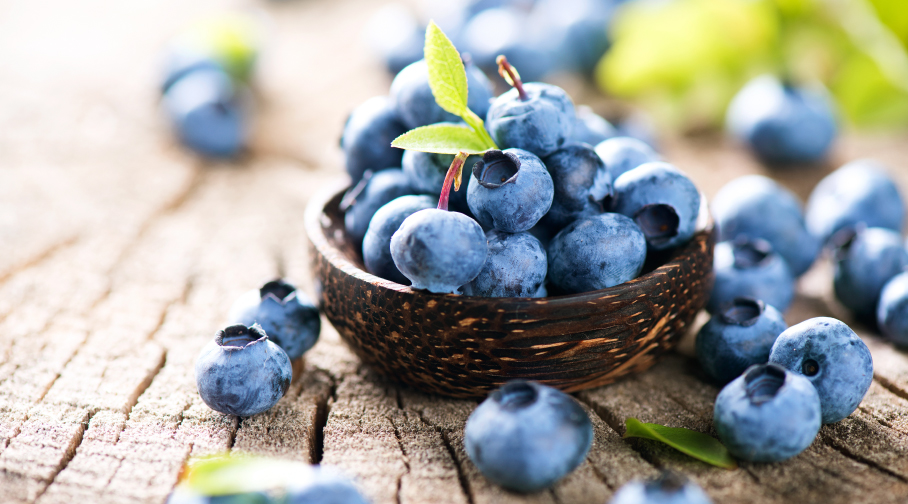
Blueberries are excellent for enhancing children’s intelligence. Several scientific studies have shown that this fruit improves memory, boosts brain activity, and reduces stress. Blueberries are rich in vitamin K, vitamin C, and manganese, which help stimulate the development of new cells, thereby slowing down brain aging. They also contain other nutrients such as vitamin A, vitamin B, iron, selenium, and zinc, which enhance children’s immune systems.
8. Kiwi
Kiwi is a sweet fruit rich in vitamin E, vitamin C, and other minerals such as folic acid and potassium. Every 10g of kiwi flesh contains up to 9 mg of vitamin C, which is why nutritionists encourage parents to include it in their children’s fruit list. Kiwi also has a relatively high serotonin content, which helps stimulate memory and support better sleep in children.
9. Pineapple
Pineapple is a rich source of vitamin C, which helps boost immunity and iron absorption. In addition to vitamin C, pineapple contains many beneficial vitamins and minerals such as vitamin B1, iron, calcium, and manganese. Its sweet taste and high fiber content make it particularly good for the stomach and digestive system, effectively preventing diarrhea.
10. Bananas
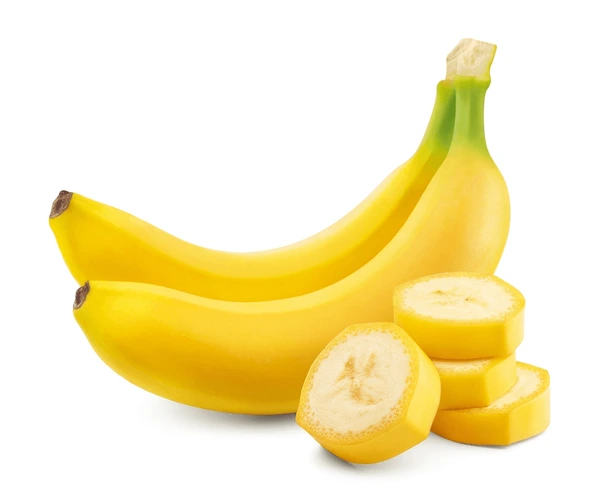
Bananas are a fruit rich in soluble fiber, which is especially beneficial for children’s digestion. They contain many other nutrients such as vitamin C, vitamin B6, potassium, and magnesium, which enhance brain and nervous system activity, thereby improving memory. Additionally, bananas contain beta-carotene, a precursor to vitamin A, which helps improve vision and gives children bright eyes.
11. Ripe Papaya
Ripe papaya is a fruit that many nutritionists recommend including in children’s weaning diets. Not only is it rich in vitamin A and vitamin C, but it also contains significant amounts of magnesium, calcium, potassium, and vitamins B1, B3, and B5. This tropical fruit contains an enzyme called papain, which helps improve children’s digestion and effectively prevents constipation. The vitamins and minerals in papaya boost immunity and metabolic function while reducing the risk of cardiovascular diseases and colon cancer.
12. Apples
Apples are a fruit rich in vitamin C and vitamin A, which help enhance vision and brain function. They also contain boron, which supports bone development. Apples are high in soluble fiber, beneficial for children’s digestion, and help prevent constipation. The fiber in apples also aids in cleaning teeth and gums during chewing.
13. Oranges
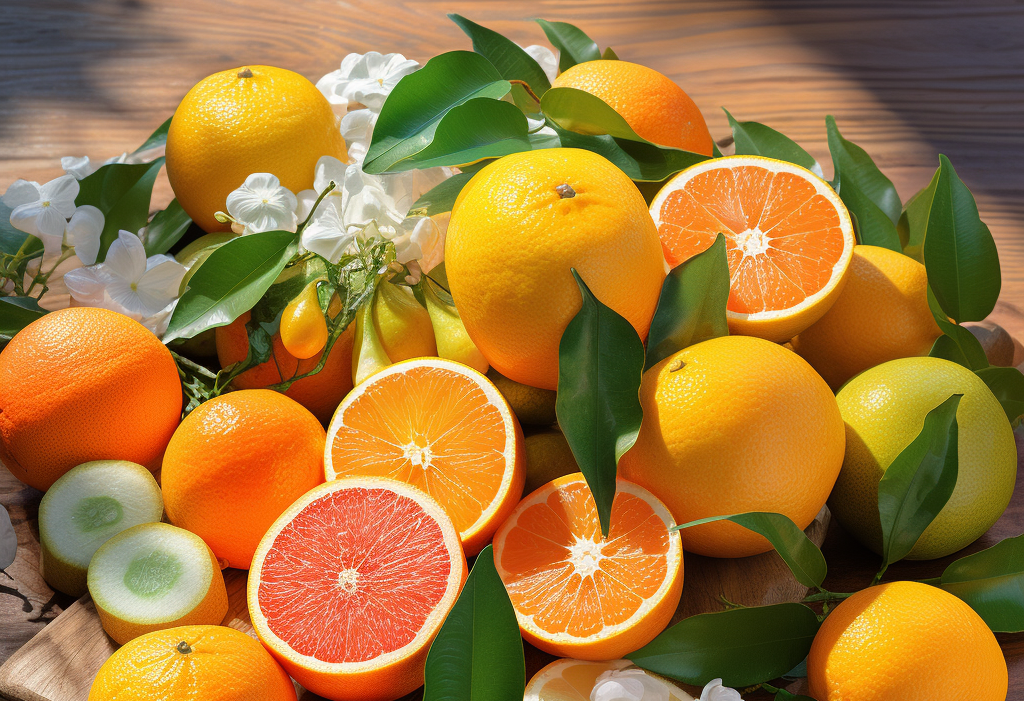
Oranges are undoubtedly a must-have fruit for children. This fruit provides a rich amount of vitamin C, which boosts immunity and iron absorption, supporting brain activity. The white pith of the orange contains a lot of calcium, so parents should allow children to eat this part for added nutrition.
14. Walnuts
Walnuts are a food that enhances intelligence and brain health in children. They not only provide a good amount of omega-3 but also help increase calcium intake, supporting the development of bones and teeth. Walnuts also contain antioxidants that enhance immunity and protect against harmful bacteria, allowing children to grow up healthy. Additionally, walnuts are very energy-dense and rich in fiber, fats, vitamins, and other essential minerals for children.
The above is a list of 14 fruits that help enhance children’s intelligence, recommended by many nutritionists. However, parents should choose appropriate portion sizes to ensure that their children’s nutritional needs are fully met, helping them to be healthy, smart, and eager to explore life through the new flavors of these fruits.





